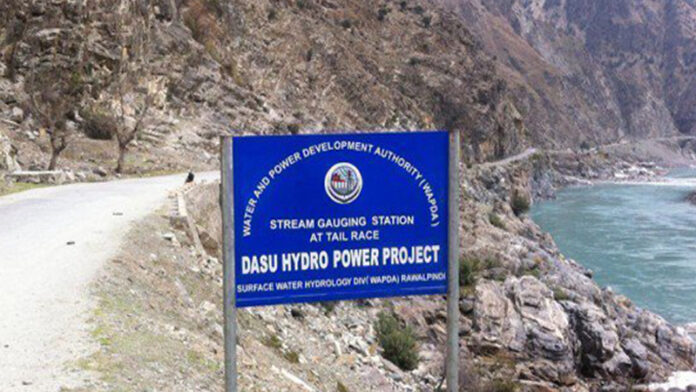The World Bank has approved an additional $1 billion loan to Pakistan for the Dasu Hydropower Project, while expressing concern over the country’s $18 billion circular debt in the energy sector, which poses a barrier to future investment.
According to a news report, the World Bank’s board of executive directors approved the second round of additional financing for the Dasu project, increasing the bank’s total commitment to cover 45% of the project’s costs.
The new funding, amounting to $1 billion, includes a $435 million short-term loan, a $365 million IDA Scale-Up Window loan, and a $200 million IBRD component.
The World Bank highlighted that this additional financing will help expand Pakistan’s hydropower capacity, support local socio-economic development, and build WAPDA’s capacity to plan future hydropower projects.
World Bank Country Director for Pakistan, Najy Benhassine, called the Dasu project a “game changer” for Pakistan’s energy sector, capable of transforming power generation.
The World Bank also extended the project’s completion deadline to December 31, 2028, to ensure all phase one activities are finalized and to allow the use of the remaining $250 million guarantee for further commercial financing.
WAPDA’s limited ability to secure foreign financing in the current economic climate necessitated this additional funding, according to the World Bank.
Despite progress on Dasu, the World Bank expressed concerns over Pakistan’s unresolved circular debt, which had grown to $9.5 billion in the electricity sector and $8.6 billion in the gas sector by January 2024.
The Dasu Hydropower Project, located on the Indus River, is being developed by the China Gezhouba Group Company and funded by the World Bank and a consortium of commercial banks.
It is a run-of-the-river project with a planned capacity of 4,320 to 5,400 MW upon full completion. The first phase, currently under construction, is expected to add 2,160 MW to the national grid.




